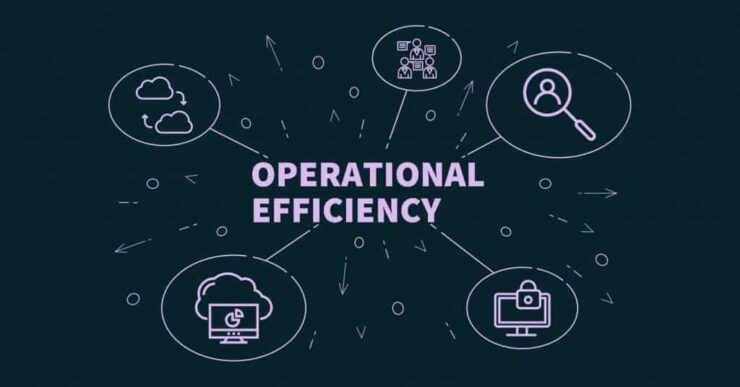There are many ways that knowledge management can improve business-consumer relationships. Knowledge management can help you gain a competitive advantage over your competitors by providing faster customer support and boosting revenue and productivity. It also allows you to make better decisions and accurately anticipate customer needs.
Better and faster customer support

Knowledge management, in the context of business-consumer relationships, includes several aspects that are key to a successful business. First, it helps you provide better, faster and more accurate customer support. This is because it makes your staff members more efficient by sharing knowledge with one another through various channels such as email or chat messages.
Additionally, when you have all of the information about your customers in one place, it becomes easier for you to provide excellent service since you don’t have to look up different places for answers anymore!
Boost in revenue
- The knowledge management system that you have will help you boost your revenue. With a good knowledge management system, you can increase your conversion rates and improve customer retention. This means that customers are more likely to stick with you as they find your service more reliable, which in turn increases the amount of money that they spend with you.
- In addition to this, a good knowledge management system will also ensure that your customers get a better customer experience and service. A high level of satisfaction leads to increased loyalty throughout the entire duration of their relationship with your company, which results in repeat business as well as word-of-mouth advertising for other potential clients or customers.
Efficient and cost-effective business operations

Knowledge management is a powerful tool for reducing the cost of business operations. By encouraging employees to share their knowledge, you can reduce the amount of time it takes new employees to become productive and efficient in their roles. In addition, knowledge management also encourages cross-departmental collaboration and helps develop relationships between departments that otherwise might not have interacted much before.
According to Verint experts, “Imagine if your knowledge management software worked the same way your brain works.”
Productivity gains
When companies have a strong knowledge management program, they are able to deliver products and services faster. This helps them decrease the amount of time that goes by between when a customer purchases something and when it reaches them.
When your business understands what its customers want, it’s also easier for you to provide better customer service. This means less time spent trying to figure out how best to serve each individual consumer, which can help save money in both costs associated with training employees as well as those associated with the actual servicing itself (such as food or other goods).
Knowledge management is one of the most important elements in business. It helps businesses to tap into the power of their customers and employees by leveraging their knowledge, expertise and experience. Knowledge management can help businesses to stay ahead by providing better customer service and faster response time, as well as contributing towards increased revenue generation.
It also helps businesses become more efficient and cost-effective with their operations due to reduced manual labor requirements or unnecessary research expenses incurred when there is a lack of knowledge sharing between employees who perform similar functions within an organization.

